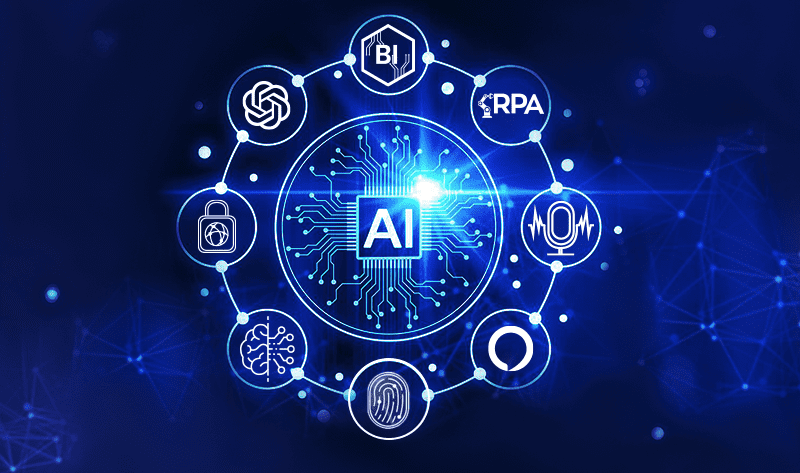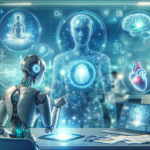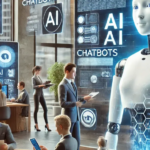Artificial Intelligence (AI) is transforming the world we live in, driving innovations in various industries and improving our daily lives. From healthcare and finance to transportation and entertainment, AI is playing a central role in shaping the future. In this article, we’ll explore key concepts in AI, its applications, and the future impact of this groundbreaking technology.
What is Artificial Intelligence?
Artificial Intelligence refers to the simulation of human intelligence processes by machines, especially computer systems. These processes include learning (acquiring information and rules for using it), reasoning (using rules to reach approximate or definite conclusions), and self-correction. AI technologies allow machines to perform tasks that would normally require human intelligence, such as visual perception, speech recognition, decision-making, and language translation.
Key Concepts in AI
- Machine Learning (ML): A subset of AI, machine learning focuses on the development of algorithms that allow computers to learn from and make decisions based on data.
- Natural Language Processing (NLP): NLP enables machines to understand, interpret, and generate human language. It’s used in applications like chatbots and voice assistants.
- Deep Learning: A more advanced subset of machine learning, deep learning involves neural networks with many layers (deep neural networks) that enable computers to solve complex problems such as image recognition and language translation.
- Computer Vision: This field enables computers to interpret and understand visual information from the world, allowing machines to “see” and process images or video in ways that are similar to human sight.
Applications of AI
AI is already making significant strides across various industries, providing solutions to long-standing challenges and creating new opportunities.
1. Healthcare
AI is transforming healthcare by improving diagnostics, drug discovery, and patient care. Machine learning algorithms can analyze medical images for signs of diseases like cancer, while AI-driven chatbots assist patients with basic healthcare inquiries.
2. Finance
In the finance industry, AI is being used for algorithmic trading, fraud detection, and customer service. AI systems can analyze vast amounts of financial data to make predictions, reducing the risks involved in investment decisions.
3. Transportation
AI-powered autonomous vehicles are revolutionizing transportation by improving safety and efficiency. Self-driving cars, drones, and delivery robots are already in development, with the potential to change the way people travel and receive goods.
4. Customer Service
AI is enhancing customer service through chatbots, virtual assistants, and automated customer support systems. These tools help businesses reduce wait times, provide quick solutions, and offer personalized experiences to customers.
The Future Impact of AI
AI is poised to revolutionize many industries and will play a key role in solving complex global challenges. The future of AI will likely see advancements in autonomous systems, healthcare diagnostics, data analysis, and personalized experiences. However, AI also presents ethical challenges, such as job displacement and privacy concerns, that need to be addressed to ensure a positive future for AI.
Conclusion
Artificial Intelligence is not just a futuristic concept but a present-day reality. With applications in a wide range of industries, AI has the potential to transform how we live, work, and interact with the world. Embracing AI and understanding its key concepts will help individuals and businesses harness its full potential while addressing the challenges that come with this rapidly advancing technology.




